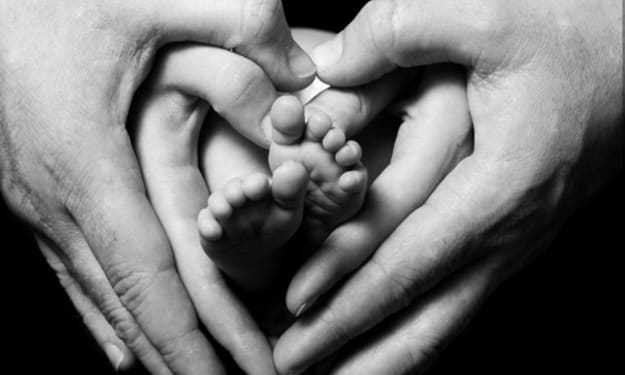
Whenever I see a book or an article with 'the *** way of...', I immediately have my guard up. There is something about it that seems to indicate that the author seems this is the right way to do things. The world isn't so black and white or "one size fits all."
Having said that, I decided to be as open minded as I try to be when I read any book, and I'm really glad I bought this book. The authors explain that the Danes have been voted the happiest people in the world for 40 years and that the Danish way of parenting has something to do with that. The Danish way is a parenting theory though and doesn't guarantee happiness.
I have read a good number of parenting books and I haven't read much in The Danish Way of Parenting that hasn't been covered in other books, some of them earlier publications. I therefore struggle to see that these methods are purely Danish. What I can say is that they have used a collection of the best methods I have come across in their parenting which is why I really like the book.
The authors have based this method on 13 years of study and cultural experience and explain that it is important to recognise our default settings. We may believe that a specific practice is the "right" practice, when it is in fact cultural and the only way we know it to be done. Certain cultures place such and importance on getting things right that there is a pressure to perform and people feel judged.
The author asks if parents can look at their way of parenting and ask if there is a better way. In doing so, I'm afraid she does exactly what she encourages parents not to do which is fall into a trap of thinking there is a right or wrong way of doing. Perhaps she should have stated that it would be good for parents to question if there is another way instead of a better way.
I love the focus on PLAY in the book. Without going into much detail, Schema Therapy marks PLAY as one of the five most important needs of a child. The book explains that the Danes don't see play as a break from learning, but view it as learning in itself.
It's true that parents do often feel guilty for letting their children play instead of having activities lined up for them and that when they are good at the activities we have lined up for them, it makes us feel like better parents.
What does free play teach children? The studies referred to in the book show that it teaches them to be resilient and how to deal with stress. The more a parent interferes when the child is playing, the less space a child has to allow them to master things by themselves.
The book gives a great description of the difference between an internal and external locus of control. In short, an internal locus of control acts like an internal cheerleader, and that people with an internal locus of control feel a sense of control of their lives and circumstances.
A person with an external locus of control believes that his/her world is controlled by external factors such as the environment over which they have very little control or influence.
Although we are all influenced by external factors, some of us have a bigger internal locus of control and feel we have control over our lives despite these factors.
Studies have shown that depression and anxiety is linked to an external locus of control. A person with an external locus of control believe they have little control over their lives, which makes them feel helpless and depressed.
Proximal Development was developed by Lev Vygotsky and states that a child needs the right amount of space to learn and grow with the right amount of help. It's neither good to "carry" or "push" as both of these lead to an external locus of control.
Children who feel pushed lose the joy of trying something new. They also feel more anxious and have a lower self-esteem in the long run.
By creating stressful events like "hide and seek," the child experiences anxiety or stress in trying not to be found which makes them less responsive to stress in the future or as adults. They thus grow up to be adults who can regulate their stress.
Children don't learn resilience through avoiding stress, but by learning how to master it.
The author poses the question: "Are we taking away our children's ability to regulate stress by not allowing them to play enough?"
Without giving too much away, another topic discussed in the book is: What makes the Danes so happy?
I would rate this book as one of the top five parenting books I have read. I love the fact that the parenting skills used help children grow an internal locus of control, gives them time and space to play.
About the Creator
Sonica M
Hi, I am a qualified Counsellor, mother, writer and author. I write about parenting, relationships, psychology and other things I find interesting.






Comments
There are no comments for this story
Be the first to respond and start the conversation.